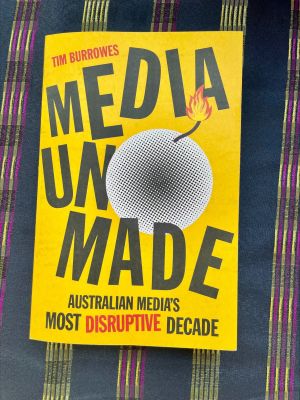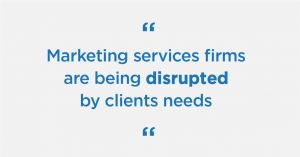Blog Author Mellissah Smith - Page 4

Mellissah Smith
Marketing: What to do in between Christmas and New Year
It’s no secret that most people want to tune out of work during the holidays. In part, due to the hard work that kept them busy throughout the year and of course, fatigue from COVID-19 – the gift that keeps giving.
How to Create Valuable Content for Your Consumers
In 2020, our world was flipped upside-down, and our lives changed forever. The COVID-19 pandemic took the world by storm as the way we lived our lives was adapted to a new COVID normal. Stay at home orders were put into place globally, meaning more people were working and studying online than ever before.
In the US, the average adult spends 3 hours and 43 minutes online each day, and the number of digital shoppers in the US rose by 6.4 million between 2019 and 2021. The world is rapidly becoming more and more digital, with the COVID-19 pandemic acting as a catalyst for this increase.
As the digital era begins to take over the world, marketers need to find new ways of keeping consumers engaged. Previous forms of traditional marketing no longer seem fit to keep the minds of digital consumers occupied. It is no longer about creating content that will generate the most views, it’s about creating content that your consumers will see value in, and willing want to engage in.
How Financial Firms Can Leverage Content Marketing
Content Marketing is a strategic marketing approach, of which is predominantly seen on digital platforms. The strategy is focused on creating and delivering content to attract their specific audience, which also improves SEO scores. For financial sectors, this strategy plays a critical role in the digitisation of their growing online market across Australia. However, with a decline in customer trust levels to 49%, the financial sector has become Australia's second least-trusted business sector. To redevelop these relationships and trust, the sector must reinforce a "customer-centric approach" to increase their brand credibility. Here are three key ways financial firms could benefit from using content marketing to their advantage.
How Moving Online Saved So Many Businesses
With so many businesses having opted to move their operations online, it is unsurprising to see that the online market has experienced a bit of a boom. The events of the pandemic might have ushered the change but in many ways, it seemed like it was something that was going to happen eventually anyway. Here's why.
How Professional Services Firms Can Truly Differentiate Themselves in 2021
Professional services firms encompass a far broader range of functions including marketing and recruiting, who often have the liberty of embracing differentiation and diversity from their competitors. Yet, when the words ‘professional services’ are thrown around, they usually bring to mind an amorphous mix of accounting, legal, management consulting and financial planning firms.
The reason that this mental melding takes place is due to the desire of professionals services firms to shy away from the crowd and attempt to blend in with their competitors.
This takes place because:
How the hell are small businesses going to get through this?
Like many, I’ve been afraid to have think for myself, express my opinions or side with people who may secretly share the same thought process as myself. Why? Because at some point in this pandemic I realized that I am a small business owner who has to survive, and I cannot afford to turn off any potential customer or have my existing customers leave because they disagree with my opinions.
How to conduct a Marketing Strategy Workshop
A marketing strategy workshop is a space for collaboration. Ideas are constructed, analysis is undertaken and critical decision making is implemented. Members from various departments can come together and understand how marketing influences their outcomes. This allows for more innovative and effective solutions.
Since workshops only happen occasionally be sure to take advantage of them to show the rest of the company just how important marketing is to success. This is your one chance to effectively demonstrate the impact of marketing on all departments of the business.
Why non-technical entrepreneurs are doomed
Marketing services firms big shake-up
With so many options for businesses today, and many courting new hires in the area of marketing, there has been quantum shift in how businesses seek out a marketing firm, and why they choose one over another. Marketing firms that have been early adopters of technology, regardless of size, are emerging as the "must-have" marketing agencies for all size businesses. The use of data to navigate customer experience is critical to developing results-driven marketing strategies, so hiring a firm has become more an analysis of tech stack than people.










